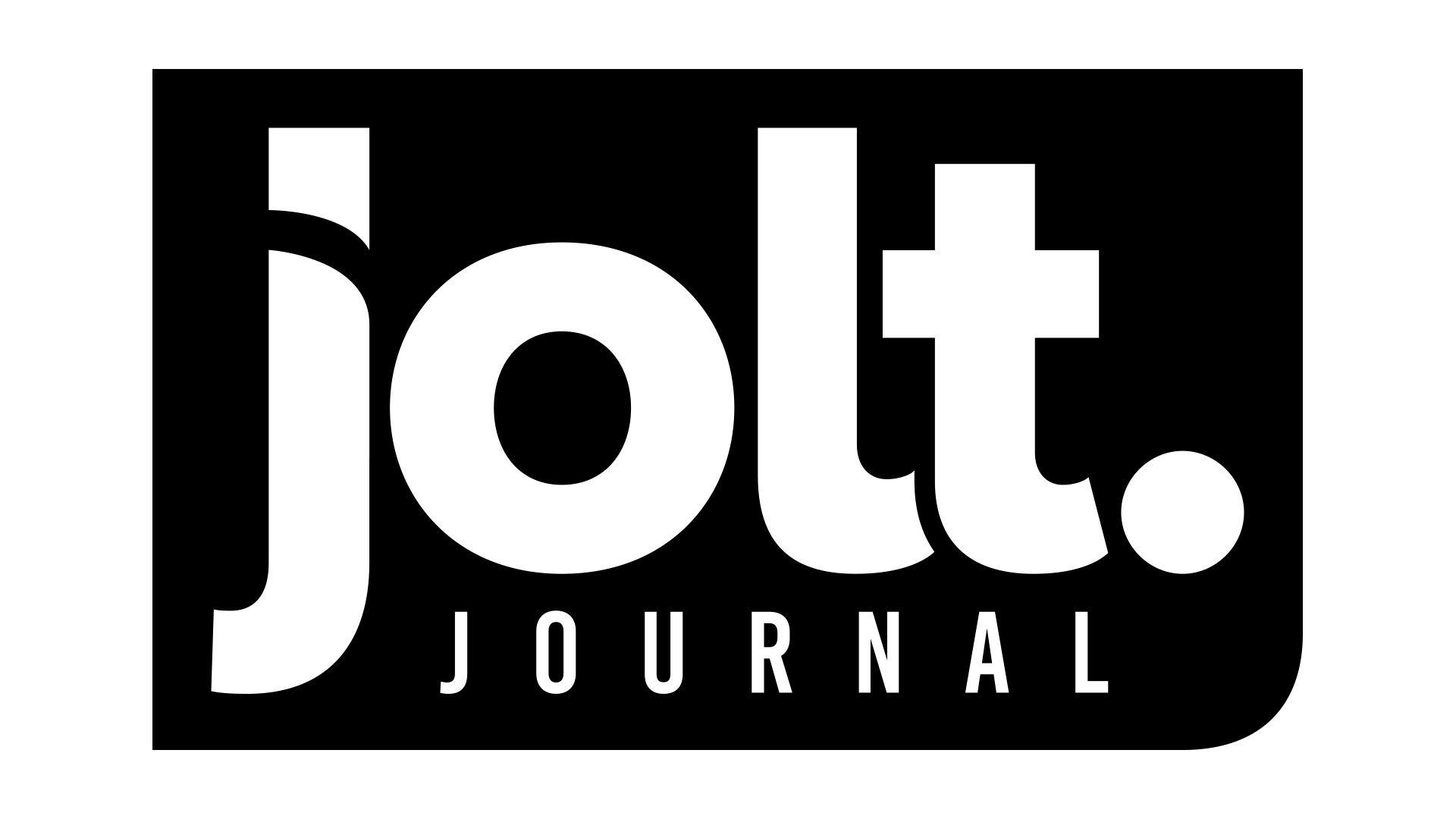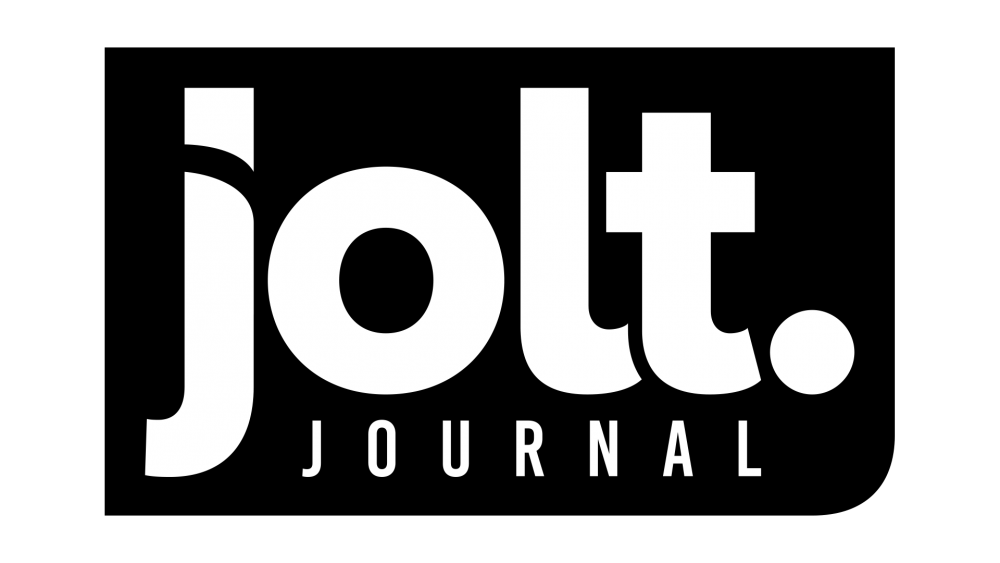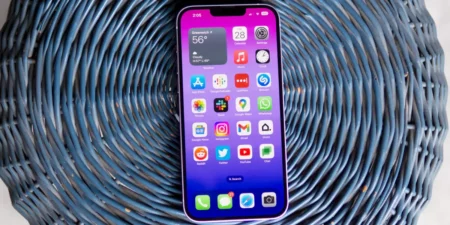Comcast for years has been promising that it won’t violate the principles of net neutrality, no matter what government regulations have to say. The company has promised to not block or throttle Internet traffic and went as far to say that it wouldn’t create fast lanes either. These are a few arguments that Comcast has used to not have the Federal Communications Commission reclassify broadband providers are common carriers. This designation forces ISPs to treat customers fairly in many ways. Comcast and other like-minded companies have said that Title II common carrier classification isn’t necessary (it makes net neutrality rules enforceable) because they will not violate net neutrality principles regardless of regulations.
With Republican-majority FCC in charge, chairman Ajit Pai can pretty much do whatever he pleases. Because of this strong position and Pai in place, Comcast’s stance has now changed. While Comcast has said that it won’t block or throttle Internet content, it has dropped its previous promise that it will not bring paid prioritization in. Comcast is now vaguely saying that it won’t “discriminate against lawful content” or improve “anti-competitive paid prioritization.” This change in wording is interesting because it leaves the door open for Comcast to offer fast lanes for websites and other online services. This will all start falling into place once FCC takes out net neutrality rules next month.
We do not and will not block, throttle, or discriminate against lawful content. We will continue to make sure that our policies are clear and transparent for consumers, and we will not change our commitment to these principles. pic.twitter.com/19PFCPJ3TY
— Comcast (@comcast) November 22, 2017
Comcast is the largest home internet provider in the United States with more than 23.5 million residential Internet customers. In 2014, Comcast Senior Executive CP David Cohen wrote:
To be clear, Comcast has never offered paid prioritization, we are not offering it today, and we’re not considering entering into any paid prioritization creating fast lane deals with content owners.
Fast forward six months, Comcast promised yet again by saying that “We don’t prioritize Internet traffic or have paid fast lanes, and have no plans to do so.” While this was bought by consumers back in 2014, the dynamics have changed in 2017, and it seems that Comcast will more than likely be breaking this promise. Back then, the FCC made it clear that it planned to impose some restrictions on paid prioritization, and ISPs were also trying their best to avoid Title II classification.
Since Comcast had agreed to some limitations on paid prioritization as a condition when it went through with the purchase of NBCUniversal, those conditions are set to expire September 2018.
Comcast’s stance changed this year in July when the company urged the FCC to overturn the Title II order. “[W]e do not and will not block, slow down, or discriminate against lawful content,” Comcast wrote at the time. Comcast argued that the FCC could remove the Title II classification but still have “clearly defined net neutrality principles — no blocking, no throttling, no anti-competitive paid prioritization, and full transparency.”
While Comcast’s words are nice and all, here’s something to look at. Pai’s final proposal that will be voted on December 14 doesn’t include a ban for blocking or throttling. Comcast can basically pull back on the promises it has made in the past. For now though, as of last week, the company has again promised to not block or throttle lawful Internet content.
Something else to look at is Comcast’s July 2017 filing with the FCC. It gives us some hints into how they will implement paid prioritization:
[T]he Commission also should bear in mind that a more flexible approach to prioritization may be warranted and may be beneficial to the public. For example, a telepresence service tailored for the hearing impaired requires high-definition video that is of sufficiently reliable quality to permit users “to perceive subtle hand and finger motions” in real time. And paid prioritization may have other compelling applications in telemedicine. Likewise, for autonomous vehicles that may require instantaneous data transmission, black letter prohibitions on paid prioritization may actually stifle innovation instead of encouraging it. Commercial arrangements that entail prioritizing such traffic could ensure the low latency levels needed to achieve the high level of data quality necessary for such services to thrive.
Supporters of net neutrality have said time and time again that these activities will harm companies that aren’t able to afford the tolls that ISPs will impose.
On Monday, over 200 companies and trade organizations sent a letter to Pai saying that “Without these rules, Internet service providers will be able to favor certain websites and e-businesses… over others by putting ones that can pay in fast lanes and slowing down or even blocking others.” In addition, they said that “Businesses may have to pay a toll just to reach customers. This would put small and medium-sized businesses at a disadvantage and prevent innovative new ones from even getting off the ground.”





